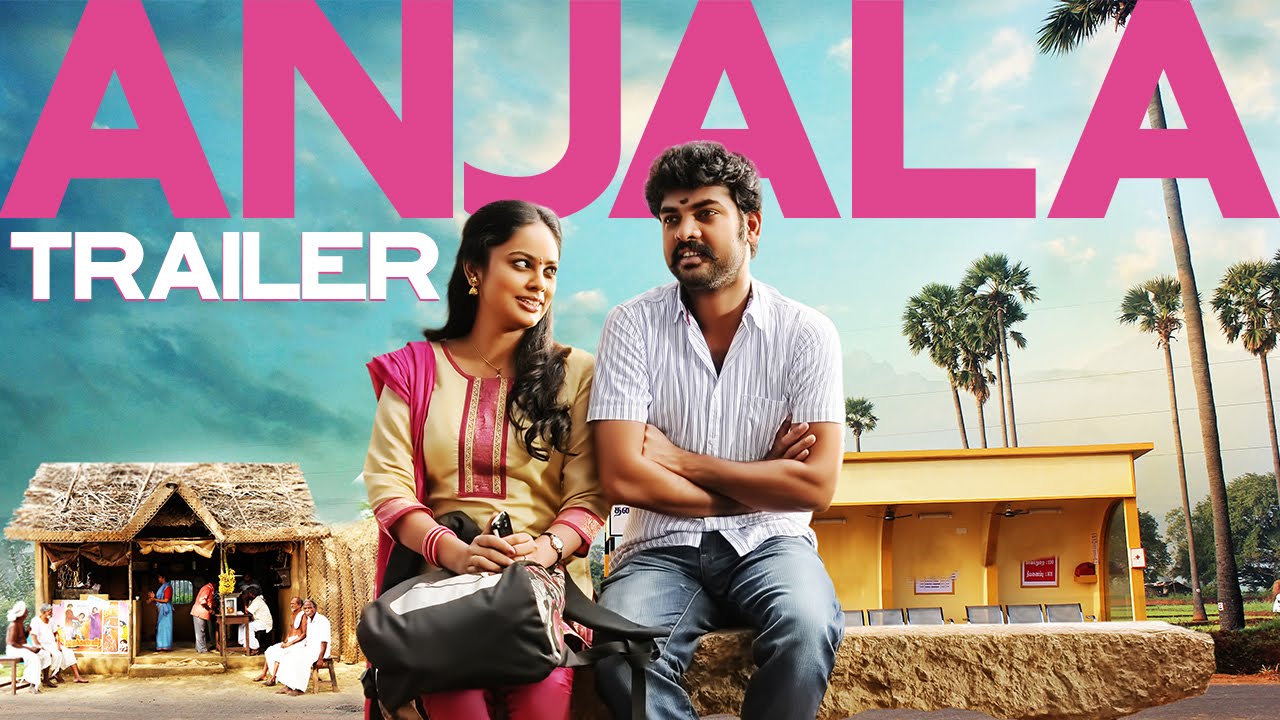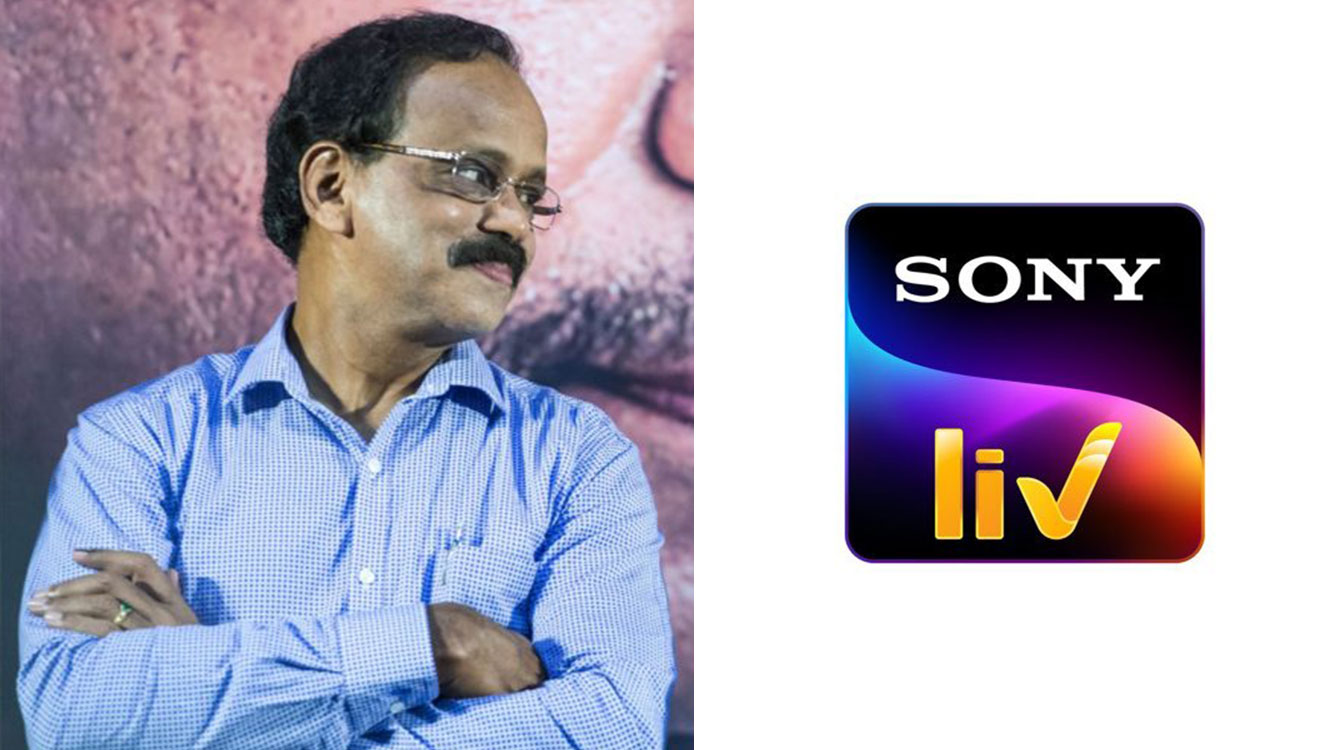A week after angry Facebook users launched a wave of profile deletions in the wake of the recent controversy around non-consensual data harvesting, the company Founder-CEO Mark Zuckerberg told The New York Times that he was yet to see a meaningful number of people leaving the network. On this matter, if nothing else, I will take Zuckerberg for his word. Not many were going to quit Facebook over fear of breach of privacy. In fact, users had found it possible to embrace Facebook as an empowering tool while holding a sneering condescension towards the company and its CEO. In other words, we always knew we were revealing too much about ourselves, but were willing to trade our “being private” for something that “sharing” promised us in return.
What are the rewards we seek by throwing ourselves into social networks and by baring ourselves to randomness? Between the two most commonly invoked explanations for how we take to social networks like Facebook, Twitter, Instagram and the like, one pathologizes it, while the other offers a materialistic interpretation.
The pathologizing view explains social media’s popularity as an addiction, evolving either from one’s narcissistic desires to constantly draw the world towards oneself or from one’s desperate attempts to substitute the lack of real sociality with virtual sociality. Those who hold this view often advocate quitting social media so as to regain control over one’s life.
The materialistic interpretation, on the other hand, understands people’s dependence on social media in terms of how it has made life easier – by assembling a “you” and “me” from piecing together information about things we do, by remembering our preferences and predicting our needs, by keeping us constantly live and in circulation. Social media tools like Facebook also offers us total control over how others perceive us, cutting out the messiness of actual human interactions. Thus, there is much to be gained, professionally and emotionally, from this new simulated sociality. Deleting one’s Facebook profile, then, becomes a self-harming act, risking personal isolation and professional invisibility.
What if there is something sublime – something transcendental – that people seek on Facebook? Does social networking involve fantasizing the possibility of achieving something previously inconceivable which makes it so compelling universally? Popular culture often provides us with useful clues for making sense of the puzzles around us, and this piece is about a recent Malayalam popular film which, I felt, narrates very well our fascination with social media and our anxieties around it.
Martin Prakkat’s 2015 film Charlie is a romantic fantasy telling the story of a young graphic artist Tessa (Parvathy) who, after running away from home and friends, rents a small room in Kochi to live in hiding. Soon, she becomes enchanted with the room’s previous occupant, a colourful wandering Samaritan named Charlie (Dulquer Salmaan), through the curious objects he had left behind which are clues to his life and philosophy. Obsessed with Charlie’s charming persona, she sets out in search of more details about him. Taking hints from an incomplete graphic novel about his own life that Charlie had left behind, Tessa begins to reassemble the pieces as if in a jigsaw puzzle. She goes in search of people who could tell her tales about Charlie and his way of life – an exercise which in turn leads to her discovering fascinating stories about people in Charlie’s life. Charlie himself, though, is evasive despite Tessa coming very close to meeting him on a few occasions. But interestingly, the more she discovers about him – through people in his life and through the objects that he had left behind as traces of his life – she realizes that he is living the life she was in search of.
One wonders, isn’t the film an allegory for what we do and seek on Facebook? Aren’t we seeking to discover ourselves in others, and vice versa, through the little traces of choices, tastes and liking that we and others leave behind, through “friends of friends” and by making “mutual friends”? Isn’t this process – one in which we constantly assemble and reassemble a profile of ourselves through and amidst a swarm of people – a key pleasure that shapes most of our activities on Facebook? Of course, the trope of realizing the self in others is not new, and not new to (Malayalam) cinema as well. In the 1964 ghost film Bhargaveenilayam, written by Vaikom Muhammad Basheer and directed by A Vincent, we see a beautiful rendition of this classical theme; the film tells the story of a novelist seeking meaning in life by immersing himself in the solitary, internal journey to retrieve the story of its heroine who died young, using hints that he discovers in her house which the novelist had come to occupy.
In contrast, in Charlie, the processes of self-realization is not an internal one, but something oriented outwards – towards the network, towards the swarm. The spectacular setting that Charlie chooses to play out its climax is significant in this regard.
Charlie chooses the occasion of Thrissur Pooram – the iconic temple festival, but also a common signifier in the region’s popular discourse for a vast confluence of anonymous people – to set up his first meeting with Tessa, challenging her to identify him in the midst of the crowd. The final scene is equally a celebration of the fruition of the journey in search of oneself as it is a re-enchantment with the swarm of people towards which this journey throws her (image below). The unified couple becomes one with the crowd, one could say. In other words, unlike in the classical tradition, the fruition of the journey of realizing oneself in the other is not a process that elevates “the self” or “the unified couple” above the rest, but one that reaffirms both the desires of self-realization as well as the erupting sea of people – transformed into an informatics network by today’s communication technologies – at the same time.
Equally remarkable is Tessa’s fleeting temptation, immediately after she meets Charlie on the fair ground, to defer the union by playfully refusing to identify herself, as if she is not done with enjoying the process of navigating the crowd in search of oneself and one’s object of fascination. Unsurprisingly, the film ends with Tessa and Charlie, after having met from the ground of the Pooram, heading straight to nowhere else but Pushkar!
What is most astonishing about the film to me, however, is that it presents its protagonist Charlie as a technophobe: he doesn’t have a mobile phone or a bike. Presenting Charlie as not belonging to today’s technologically simulated world is part of how the film constructs a desirable authenticity around his persona – something that Tessa takes an instant fascination for. In so many ways, it is this uncontaminated-ness in Charlie that Tessa is in search of.
Recommended
Does this contradict my reading of the film as an allegory for what people do on social networking media? It wouldn’t, if we understand that one of the promises that new media offer to fulfill is a certain access to “the really real” outside the mediating structures. For example, a key impulse behind the “meaningful” uses of Facebook – like the intellectual use, the political use, and the activist use of it – is the fantasy that it allows us to liberate our raw desires and retrieve something of the lost essence of the self from the manipulations of the world, its media and its politics. It is no surprise then that the film, which reworks the modern classical trope of seeking meaning in life – one that elevates interiority and in-dependence – to tell a contemporary tale of self-discovery by taking inspiration from the technological infrastructure of social media and information processing, presents its central object of fascination as untainted by technology.
*****
Jenson Joseph teaches at Symbiosis Centre for Media & Communication (SCMC), Pune, Symbiosis International (Deemed University), Hinjewadi, Pune. He can be reached at jenzenjosef@gmail.com.



